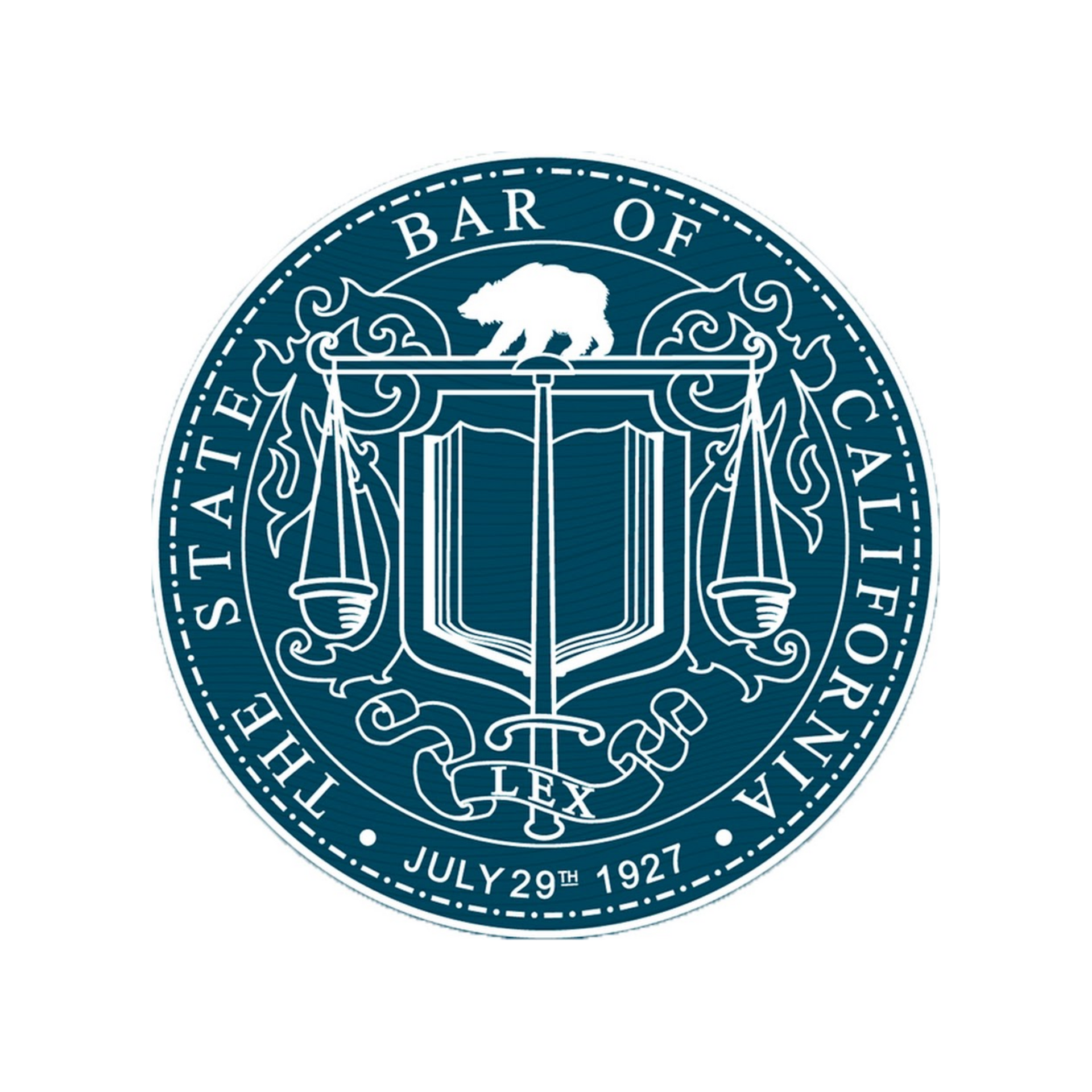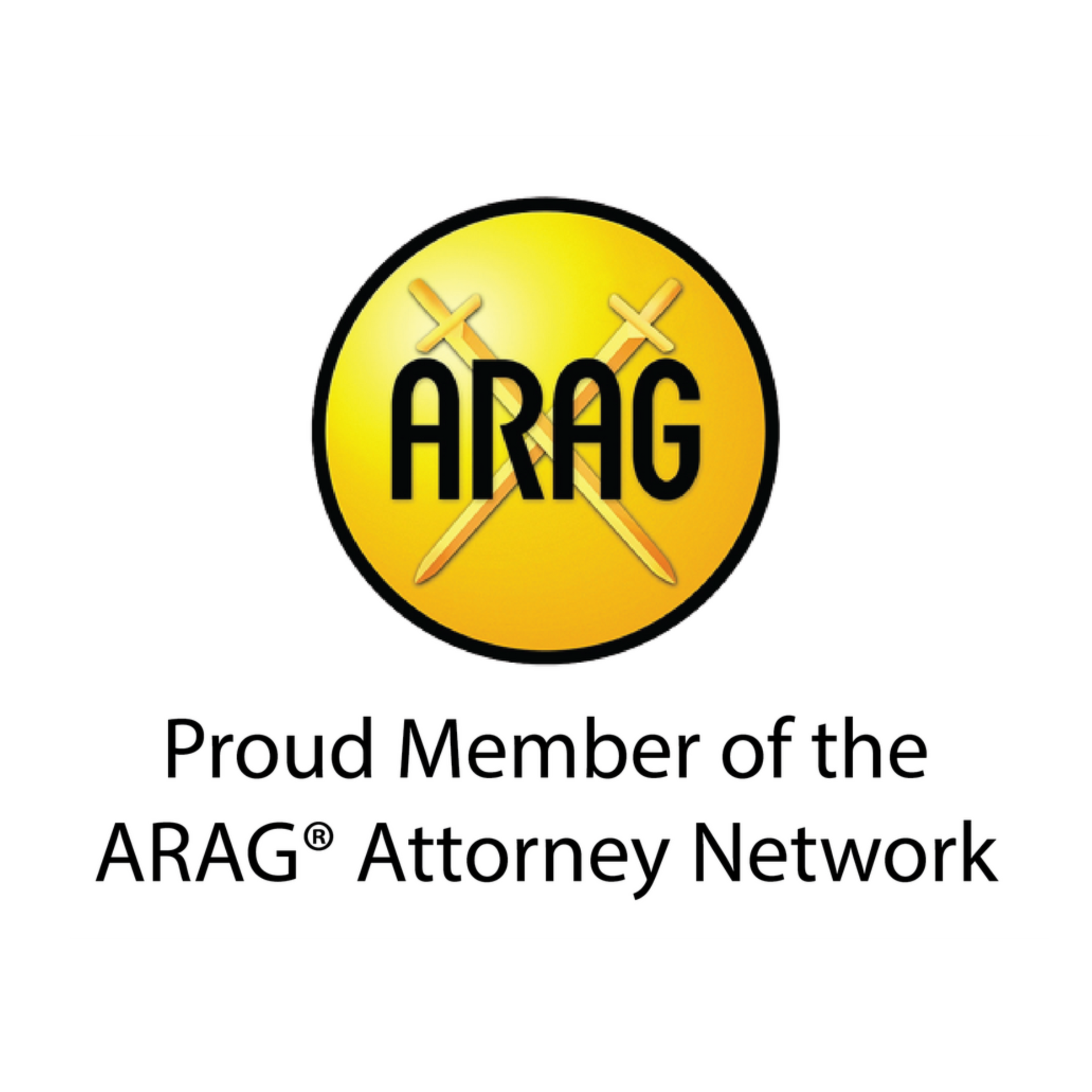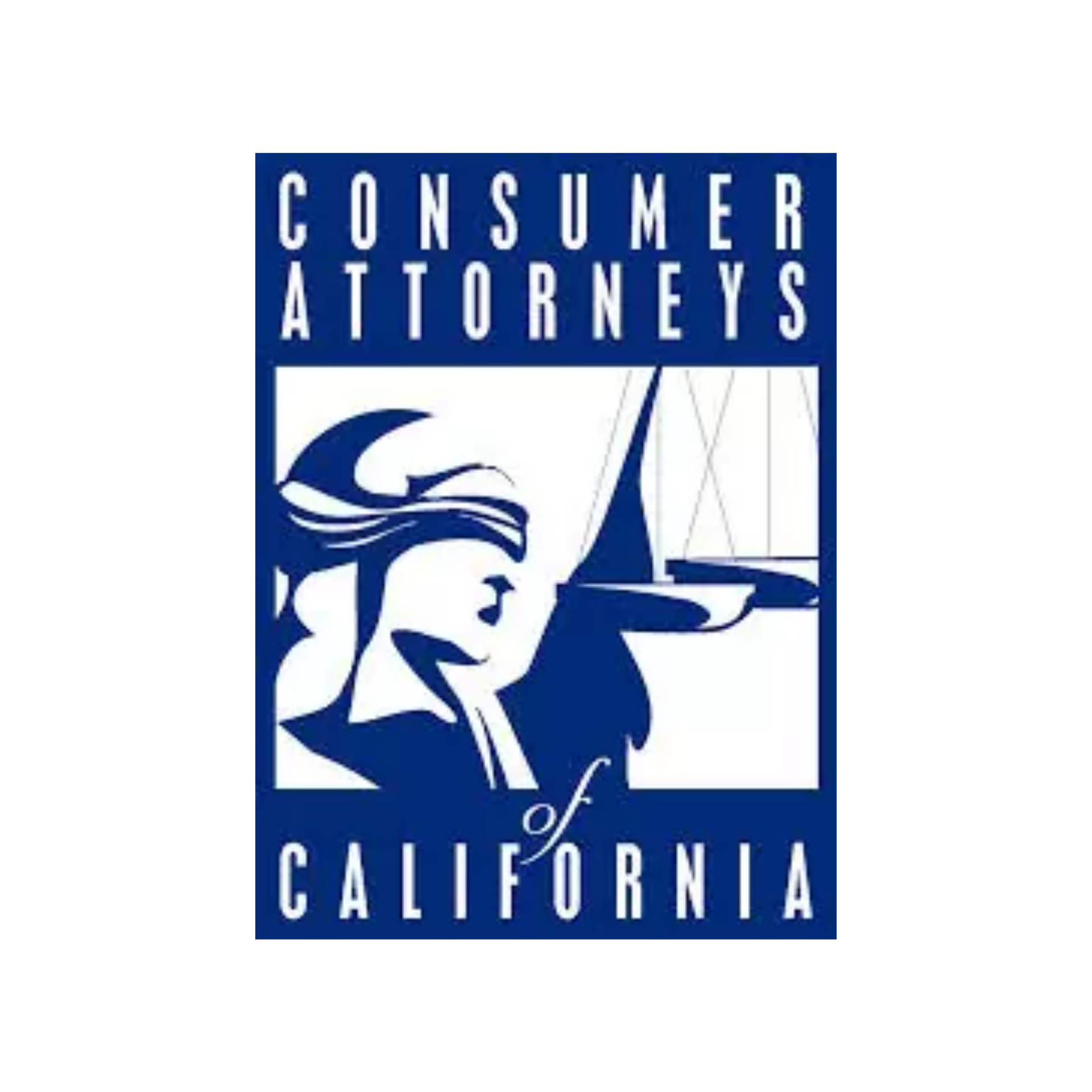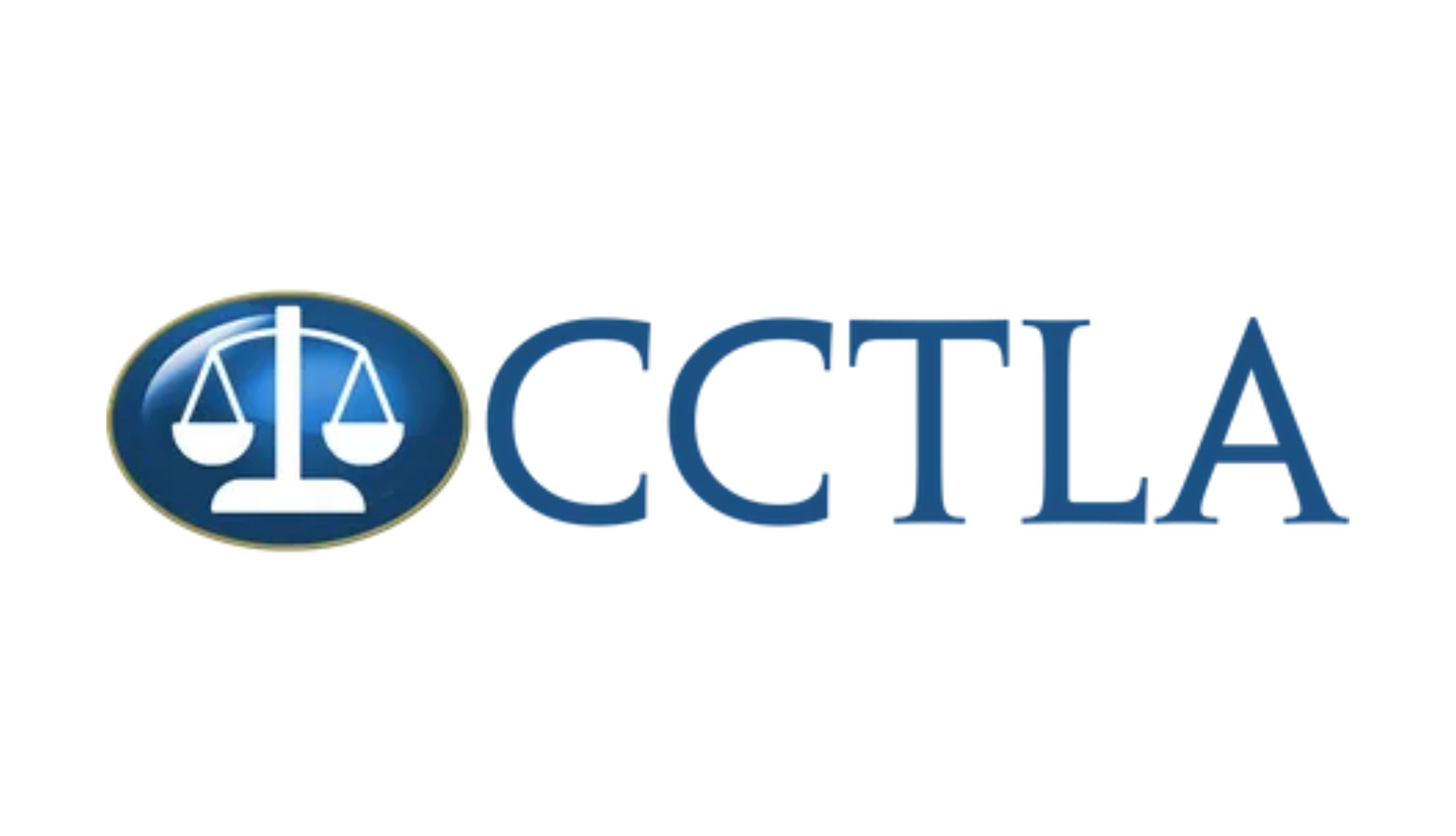Train Accidents
Attorney
in Loomis, CA
Common Parties Responsible for Train Accidents
Train accidents, while relatively rare compared to other types of traffic incidents, can be devastating when they occur. Due to the sheer size, weight, and speed of trains, collisions often result in catastrophic injuries, extensive property damage, and, tragically, even fatalities. In Loomis, California, where rail lines intersect with roadways and communities, train accidents can happen with alarming consequences. For victims of these accidents, understanding who may be legally responsible is critical to securing the compensation needed for medical bills, lost income, rehabilitation, and the broader disruption to one’s life.
At the Law Office of Brian P. Azemika, we have over 20 years of experience advocating for personal injury victims throughout Northern California. We know that train accident cases are complex and often involve multiple parties whose negligence may have contributed to the incident. Our team is committed to thoroughly investigating each case and holding all responsible parties accountable.
Train Operators: Negligence Behind the Controls
One of the most common parties held liable in train accidents is the train operator themselves. Train engineers and conductors are entrusted with the safe operation of massive, high-speed vehicles that cannot stop quickly or maneuver easily in emergencies. When operators fail to adhere to safety protocols, the consequences can be catastrophic.
Examples of operator negligence include distracted or fatigued driving, failure to obey signals, speeding, and failure to follow established procedures when approaching crossings or other high-risk areas. For instance, a train engineer who ignores warning signs at a railroad crossing, fails to blow the horn, or misjudges the speed and distance of an approaching vehicle may directly cause an accident. In such cases, proving operator negligence is crucial because it establishes a clear link between the operator's actions (or inaction) and the harm suffered by victims.
In Loomis, where trains pass near residential areas and busy intersections, even a momentary lapse in judgment by a train operator can result in life-altering injuries or fatalities. Holding operators accountable ensures that victims receive compensation and reinforces the importance of strict adherence to safety standards in the rail industry.
Rail Companies: Owners of the Tracks and the Trains
Beyond individual operators, rail companies themselves are often liable for train accidents. These companies are responsible for the safe operation of their trains and the maintenance of the infrastructure they use, including tracks, signals, and crossings. Rail companies owe a legal duty of care not only to their passengers and employees but also to motorists, pedestrians, and anyone near the tracks. Both Sierra Northern Railway (SERA) and Amtrak operate through Loomis.
Negligence by a rail company can take many forms. Improperly maintained tracks, malfunctioning signals, or unsafe operating procedures can all lead to serious accidents. For example, a rail company that neglects to repair worn rails or fails to inspect critical track components may create conditions that increase the likelihood of derailments or collisions. Similarly, inadequate training programs or understaffing can contribute to operator errors, increasing the risk of accidents.
In a train accident case, holding the rail company accountable is often key to securing full compensation. These companies typically have substantial resources and insurance, which means they are more likely to cover medical expenses, rehabilitation costs, lost income, and pain and suffering. In Loomis, where rail lines intersect with public roads, the rail companies' responsibility to maintain a safe environment is particularly significant.
Maintenance Crews: Ensuring Tracks and Equipment Are Safe
Another critical group that can be held responsible for train accidents is maintenance crews. These individuals and teams are tasked with inspecting, repairing, and maintaining both trains and tracks. Their work is essential to preventing accidents, and maintenance failures can have catastrophic consequences.
Examples of maintenance negligence include failing to repair faulty rails, overlooking worn-out train brakes, or failing to inspect signaling equipment properly. For instance, if a maintenance crew neglects to replace a cracked rail or ensure the proper functioning of crossing gates, the risk of a train derailment or collision increases dramatically. Similarly, if brakes or other train components are not routinely inspected or repaired, the operator may be unable to stop the train in time to prevent a serious accident.
Proving negligence by maintenance crews often involves reviewing records, logs, and maintenance schedules. At the Law Office of Brian P. Azemika, we work with experts to identify maintenance lapses that may have directly contributed to a train accident. In Loomis, where rail traffic passes near populated areas, proper maintenance is not just a regulatory requirement; it is a matter of public safety.
Equipment Manufacturers: The Hidden Cause of Malfunctions
In some train accidents, the responsibility may extend beyond operators and rail companies to equipment manufacturers. Trains, signaling systems, and safety equipment are complex machines that require precision engineering. When a manufacturing defect leads to a malfunction, the consequences can be devastating.
Examples of equipment manufacturer liability include faulty brakes, defective coupling devices, or malfunctioning signal equipment. For instance, if a train’s braking system fails due to a manufacturing defect, the operator may be powerless to avoid a collision. Similarly, a defective crossing gate that fails to activate could allow vehicles or pedestrians to be on the tracks at the wrong moment. In these cases, the manufacturer may be held accountable for producing equipment that did not meet safety standards.
Determining manufacturer liability often requires extensive technical analysis and expert testimony. Our team at the Law Office of Brian P. Azemika has experience working with engineers and safety specialists to trace defects to their source, ensuring that victims are compensated not only for immediate injuries but also for long-term medical and financial impacts.
Why Determining Liability Is Critical
Identifying the parties responsible for a train accident is more than a legal formality; it directly impacts the compensation a victim can recover. Train accident cases often involve multiple layers of negligence, from operator errors to company policies to equipment defects. Each party may be responsible for different aspects of the accident, and determining the scope of liability ensures that all responsible entities contribute to the victim’s recovery.
For example, if only the operator is held accountable but faulty tracks or defective brakes also caused the accident, the victim may not receive full compensation. Conversely, by establishing liability across all parties, victims in Loomis and the surrounding areas can maximize their chances of covering medical bills, lost wages, future care, and emotional distress. Legal experts like the team at Brian P. Azemika’s office can navigate these complex cases, conduct thorough investigations, and ensure that no responsible party escapes accountability.
The Law Office of Brian P. Azemika: Your Advocate in Loomis
At the Law Office of Brian P. Azemika, we understand that train accidents are life-changing events. Victims often face severe injuries, long-term rehabilitation, and significant financial burdens. Tragically, some accidents result in wrongful death, leaving families devastated and struggling to cope with the loss of a loved one. In these cases, we are committed to pursuing justice on behalf of surviving family members, seeking compensation for funeral expenses, loss of financial support, and the emotional suffering caused by such a profound loss. Our mission is to provide aggressive, compassionate legal representation to ensure that victims of train accidents in Loomis, California, receive the justice and compensation they deserve, no matter what it takes.
With over 20 years of experience in personal injury law, we know how to investigate accidents, identify liable parties, and build strong cases. From negotiating with rail companies and insurers to consulting with engineers and safety experts, our team takes every step necessary to hold the responsible parties accountable.
If you or a loved one has been injured in a train accident in Loomis or the surrounding Northern California area, don’t navigate the legal process alone. Contact the Law Office of Brian P. Azemika today. We are dedicated to protecting your rights, securing your compensation, and helping you move forward after a traumatic event. Your safety, well-being, and justice are our priorities. Let us put our experience and dedication to work for you, ensuring that no responsible party is overlooked and that your voice is heard in the pursuit of accountability.
Practice Areas
CLIENT
TESTIMONIALS
Brian Azemika fought for me when others thought my case was a lost cause. Brian Azemika took over my case with only a few weeks to prepare prior to trial. His knowledge and expertise showed in how he prepared me for my testimony at trial. He also had a great presence in the courtroom and really connected with the jury during the entire trial. He did such a great job in the eyes of the jury that many of them approached him after the trial and asked him for his business card. Thanks to Mr. Azemika, the jury returned a verdict for $400,000.00, which was amazing since the settlement offer from the insurance company was for only $45,000.00 on the first day of trial. I am so glad that Brian Azemika was my trial attorney.
Irene J.
Ione, CA
Proud Sponsor of the new Local Women’s Premier Soccer League team,
The Roseville Iron Rose.
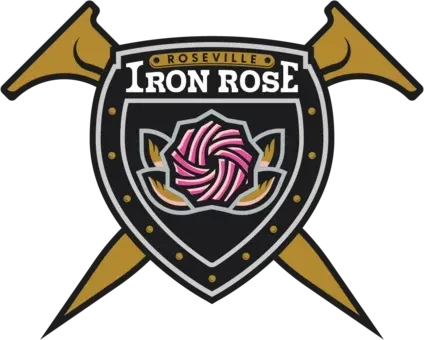
“You focus on your health and recovery – I’ll do the rest!”


